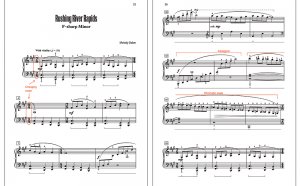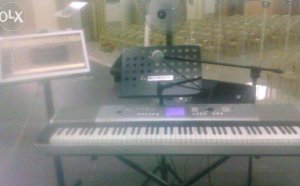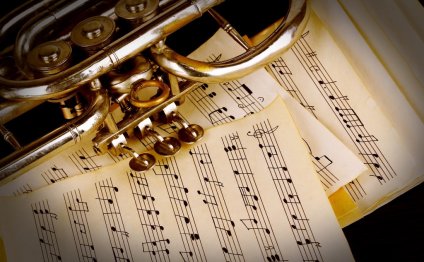
Beginning piano lessons for Kids
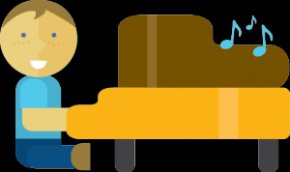 Parents who give their children the gift of a musical education start them out on a path that will enrich their lives in so many ways. Studying music develops discipline, hand-eye coordination, intelligence, and creates a skill that can bring happiness to both the performer and to all who listen. According to a recent article in the LA Times, 6-year-olds who received keyboard instruction had more brain growth and better fine motor skills than their peers. Piano lessons are such a great thing, why not get started as soon as possible?
Parents who give their children the gift of a musical education start them out on a path that will enrich their lives in so many ways. Studying music develops discipline, hand-eye coordination, intelligence, and creates a skill that can bring happiness to both the performer and to all who listen. According to a recent article in the LA Times, 6-year-olds who received keyboard instruction had more brain growth and better fine motor skills than their peers. Piano lessons are such a great thing, why not get started as soon as possible?
IS IT EVER TOO EARLY?
It is true that you can find videos on YouTube of three-year-olds playing Mozart, but that doesn’t mean that a three-year-old who likes plunking on the piano keys should be signed up for lessons. Children under the age of five who show an interest in the piano should be allowed to explore and learn on their own time table. They probably won’t respond well to an adult-imposed learning structure. Instead, parents of children under age five should be doing things to cultivate a general interest in music. Singing, dancing, listening to recorded music, and enrolling in a good preschool music program will allow a child to have fun exploring music and prepare for studying an instrument when the time is right.
THE REQUIREMENTS FOR READINESS
The best time to start piano lessons will be different for every child, but most will be ready between the ages of 5 1/2 to 8 years old. Here is a short checklist of things a child needs to get a good start as a piano student:
1. SIZE OF HAND
A child who is taking piano lessons should be comfortable placing five fingers on five adjacent white keys. For some five-year-olds, that’s a big stretch! Before beginning piano lessons, make sure your child’s hands have grown enough to be comfortable using a keyboard.
2. FINGER INDEPENDENCE
A child who is taking piano lessons needs to be able to move individual fingers. A good test of this is to try Hoffman Academy’s Lesson Number 1, “Hot Cross Buns.” (It’s free!) A child who can use three different fingers on three black keys to play “Hot Cross Buns” is ready for lessons. A child who can only play by picking out the tune with one finger is probably not ready.
3. INTEREST IN MUSIC AND DESIRE TO LEARN
At any age, motivation is an important factor of readiness. If a child does not want to take piano lessons then the parent should instead spend time cultivating interest in music.
A WORD ABOUT READING
Piano students who use a book based method may do better if they begin at age seven or eight, after they are beginning to read words with more fluency. Students who begin with an ear-based method, such as the Suzuki Method or the Hoffman Method, can start earlier at age five or six.
YOU MIGHT ALSO LIKE


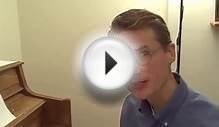
Share this Post
Related posts
Basic piano lessons for Kids
If you want to teach your child to play the piano, there are several ways of doing it - you can find a piano teacher for…
Read MoreBasic Guitar lessons for Kids
Help them choose the right instrument. Guitars come in all shapes and sizes and it can be quite bewildering to someone buying…
Read More
